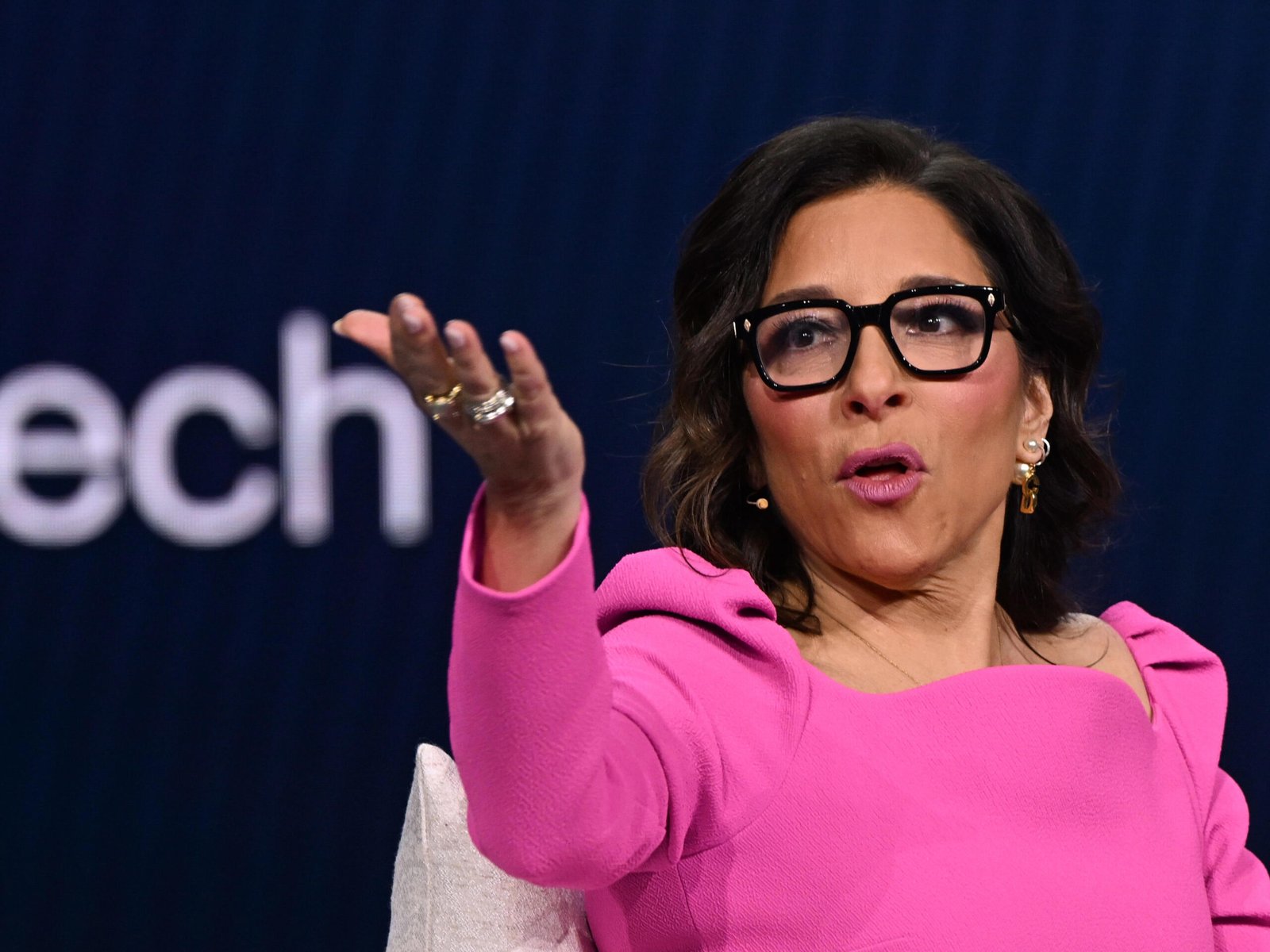
Allegations of Political Influence in Advertising
Recent reports claim that X, Elon Musk’s social media platform, has engaged in coercive tactics to influence advertising spending. Executives from Interpublic Group (IPG), one of the world’s largest advertising companies, have allegedly interpreted communications from X as a warning that their $13 billion merger with Omnicom Group could face complications from the Trump administration if clients did not increase their ad spending on X.
These allegations raise serious ethical and legal concerns, particularly due to Musk’s role in the administration. Critics argue that if a similar scenario occurred under a different political administration, the reaction would be vastly different.
Musk’s Dual Role: A Conflict of Interest?
As the owner of X and a key figure in President Trump’s Department of Government Efficiency (DOGE), Musk has been at the center of discussions regarding the intersection of corporate power and government influence. His position as Deputy to the Undersecretary of Lollipops has drawn criticism, suggesting that his influence in both corporate and political spheres creates a blurry boundary between business decisions and government authority.
Such overlap between corporate influence and political decision-making raises questions about antitrust laws, which are designed to ensure fair competition. If the allegations against X hold true, they could represent a serious breach of these regulations.
Industry Reactions and Potential Consequences
The advertising industry is closely watching these developments, as the IPG-Omnicom merger would create the world’s largest ad holding company, surpassing major players like WPP and Publicis. Allegations of X’s coercive tactics cast doubt over the legitimacy of this high-stakes corporate consolidation and raise concerns about fair market practices.
Industry experts have long emphasized the importance of maintaining a clear distinction between corporate operations and political power to prevent market manipulation and maintain public trust. The current controversy adds fuel to the ongoing debate on whether corporate leaders with political ties should be subject to stricter regulations.
Legal and Ethical Implications
If X’s alleged interference is proven, the company could face regulatory scrutiny and legal consequences. Using governmental connections to pressure corporations into making business decisions undermines fair competition laws and could prompt antitrust investigations.
Legal analysts suggest that if these claims are substantiated, potential consequences for X and its leadership could include:
- Heavy fines for violating antitrust laws
- Increased regulatory oversight to prevent further interference
- Possible litigation from affected competitors and businesses
FAQ: Key Questions About the X Advertising Controversy
What are the allegations against X and Elon Musk?
X, under Elon Musk’s ownership, is accused of pressuring Interpublic Group (IPG) to increase its ad spending on the platform by implying that the IPG-Omnicom merger could face governmental obstacles if they did not comply.
How does Elon Musk’s government role relate to these allegations?
Musk’s dual role as a business leader and a key figure in President Trump’s administration raises concerns about the misuse of political influence for corporate benefit. His position in DOGE (Department of Government Efficiency) suggests that he may have leveraged governmental power to benefit X financially.
What are the potential legal consequences if these allegations are true?
If the allegations are proven, X and its leadership could face:
- Antitrust investigations by regulators
- Fines for unlawful business practices
- Enhanced government scrutiny to prevent further misconduct
The Debate on Transparency and Ethics
This controversy highlights the importance of transparency and ethical business practices in situations where corporate and political interests overlap. As the story develops, it serves as a cautionary tale of the risks involved when business leaders hold significant political power.
What do you think about this issue? Should business leaders with government ties face stricter regulations? Share your thoughts in the comments below!





